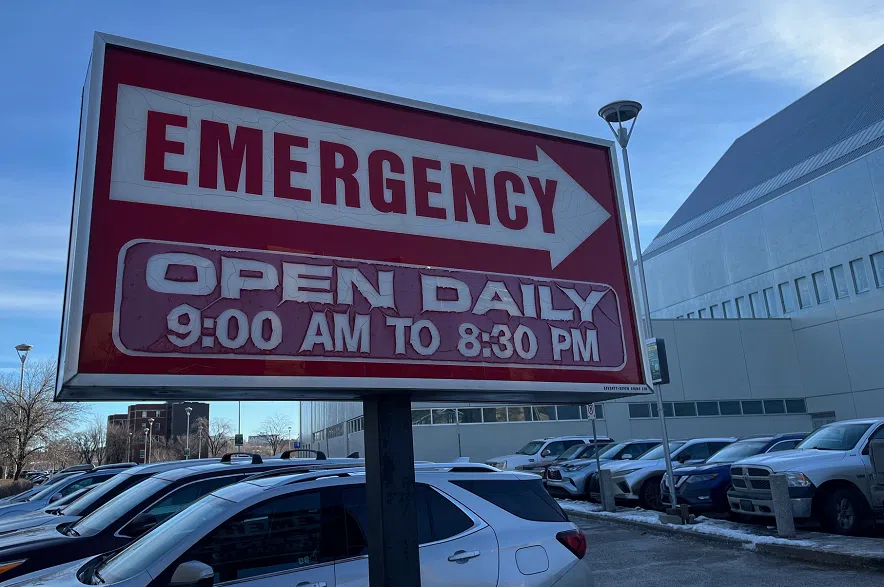Rural parts of Saskatchewan are seeing a health-care crisis, with serious gaps in their systems and staff shortages prevalent throughout the province.
That’s the message from the Saskatchewan Association of Rural Municipalities (SARM), which is sounding the alarm on what it calls “the health-care crisis facing rural Saskatchewan.” The organization said staff shortages mean many rural communities are struggling to provide nursing services and emergency care.
While the Government of Saskatchewan has embarked on an ambitious health-care recruitment plan aiming to add 1,000 new workers to the provincial system, both SARM and the Saskatchewan Association of Nurse Practitioners (SANP) called on the provincial government to reinstate a 2014 program that recruited and trained nurse practitioners within Saskatchewan.
“Saskatchewan Association of Nurse Practitioners believes we need to reinstate the Grow Your Own Nurse Practitioner Program that was announced by the government in 2014. At this time, it is crucial that we employ or fully utilize all NPs, or we will lose this valuable group of professionals to other provinces like Alberta where the job opportunities and wages for NPs are much more attractive,” Johanne Rust, a nurse practitioner and president of SANP, said in a statement.
“Unfortunately, we still have more than 30 underutilized or unemployed NPs in this province. Thirty NPs could immediately provide care to approximately 36,000 patients. That is equal to the population of communities such as Moose Jaw, Lloydminster, or Prince Albert.”
Rust explained the benefits nurse practitioners can have when it comes to health care.
“We are autonomous; meaning that we work under our licence and regulations and can work in many clinical areas with minimal supervision,” Rust explained. “Nurse Practitioners can effectively manage most needs of their patients and refer anything more complicated to specialists or doctors as appropriate.”
SARM president Ray Orb said the government needs to make changes to make it easier for Saskatchewan’s nurse practitioners to work in their role in the province. According to SARM, as of April 2023, 10 per cent of Saskatchewan’s 328 nurse practitioners were unemployed and working as registered nurses rather than nurse practitioners.
“We need more positions for our currently licensed Nurse Practitioners, who are underutilized, and we must reinstate the 2014 Rural and Remote Nurse Practitioner Recruitment Strategy,” Orb said in a statement.
“The government needs to consider incentives for Nurse Practitioners in the form of contributions towards relocation expenses and potential bonuses for hard-to-fill positions.”
SARM said health care is on its list of key areas of focus for the upcoming provincial election, along with agriculture, infrastructure and crime and policing.











